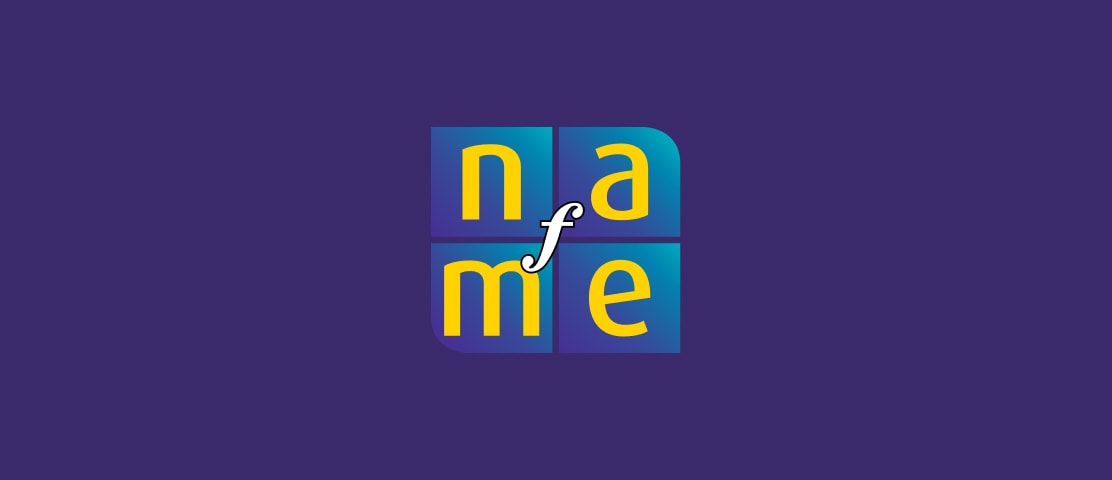/ News Posts / NAfME Elects Deborah A. Confredo 2022–2024 National President-Elect
For Immediate Release
Contact: Kim Henry
kimh@nafme.org or (571) 323-5893
National Association for Music Education Elects Deborah A. Confredo
2022–2024 National President-Elect
NAfME North Central, Southern, and Western Division Presidents-Elect Also Elected
RESTON, VA (February 15, 2022)—On February 10, 2022, the National Association for Music Education (NAfME) announced the 2022–2024 National President-Elect, Deborah A. Confredo, elected by NAfME members. Deborah A. Confredo is a 42-year veteran music educator. She is currently Professor of Music Education and Director of Online Graduate Studies in Music Education at Temple University, and Immediate Past Chair of the NAfME Society for Research in Music Education.
Every two years, the members of NAfME cast their votes for the next person to lead the association, and thus set the direction for NAfME in carrying out the association’s Strategic Plan. The association values the contributions to music education from all the candidates who take part in this process and looks forward to Deborah A. Confredo carrying forth its long tradition of leadership in the field of music education.
Learn more about the selected Presidents-Elect:
- NAfME 2022–2024 National President-Elect: Deborah A. Confredo. Deborah A. Confredo has taught elementary, middle, and high school instrumental music in New York and Pennsylvania, and has been a music teacher educator at Illinois State University, University of Illinois, and Temple University. She is currently Professor of Music Education and Director of Online Graduate Studies in Music Education at Temple University, and Immediate Past Chair of the NAfME Society for Research in Music Education. She has held membership with the Pennsylvania Music Educators Association, the New Jersey Music Educators Association, and the Louisiana Music Educators Association (LMEA). She is a member of LMEA’s Council for Diversity, Equity, and Inclusion; Professional Development Committee; and Louisiana Music Adjudicators Association. Learn more.
- North Central Division President-Elect: Kim Bruguier. Kim Bruguier teaches elementary general music and beginning band at LB Williams Elementary in Mitchell, South Dakota. She also directs a middle school show choir and is color guard instructor for the High School Marching Band. Mrs. Bruguier is the director for the Mitchell Area Children’s Choir, is vice president of the Sioux Valley Orff Chapter, is the Immediate Past President and conference manager for the South Dakota Music Education Association and is an adjunct professor in the education department for Dakota Wesleyan University. Learn more.
- Southern Division President-Elect: Susan L. Smith. Susan L. Smith has been an educator for more than 25 years at the elementary through collegiate levels, including general music, choral, band, orchestra, guitar, and educational pedagogy in Florida, Virginia, and Alabama. She has served as an author, clinician, conductor, and adjudicator across the United States and is currently a Lecturer of Music Education and Horn at Troy University. Smith is the current Chair of the NAfME Collegiate Advisory Council, a Past President of the Alabama Music Educators Association, and a former Alabama Bandmasters Association District VI Chairman. Learn more.
- Western Division President-Elect: Michael D. Stone. Michael D. Stone serves as the Visual and Performing Arts Coordinator for the Bakersfield City School District, overseeing arts programs at 33 elementary schools, 5 middle schools, and 3 junior high schools. Prior to assuming this position, he served for more than 14 years as instrumental music teacher at Chipman Junior High School, also in the Bakersfield City School District. Mr. Stone is a Past President of California MEA, CBDA, CMEA Central Section, Kern County Music Educators Association, and is currently the Chair of the NAfME Council of Music Program Leaders, appointed by NAfME President Mackie Spradley. Learn more.
###
National Association for Music Education, among the world’s largest arts education organizations, is the only association that addresses all aspects of music education. NAfME advocates at the local, state, and national levels; provides resources for teachers, parents, and administrators; hosts professional development events; and offers a variety of opportunities for students and teachers. The Association has supported music educators at all teaching levels for more than a century. With more than 50,000 members teaching millions of students nationwide, the organization is the national voice for music education in the United States.
Follow NAfME on Twitter (twitter.com/nafme) and on Facebook (facebook.com/nafme).
For additional information, contact Kim Henry at kimh@nafme.org or 703-860-4000.
Published Date
February 15, 2022
Category
- NAfME News
Copyright
February 15, 2022. © National Association for Music Education (NAfME.org)





